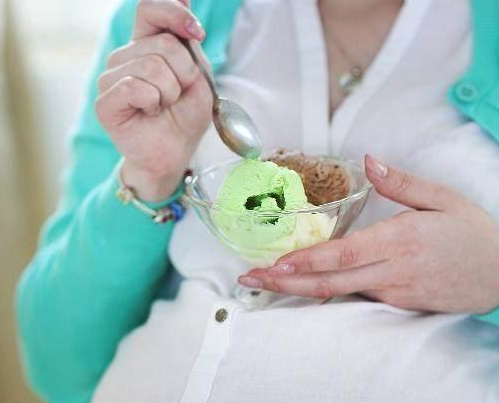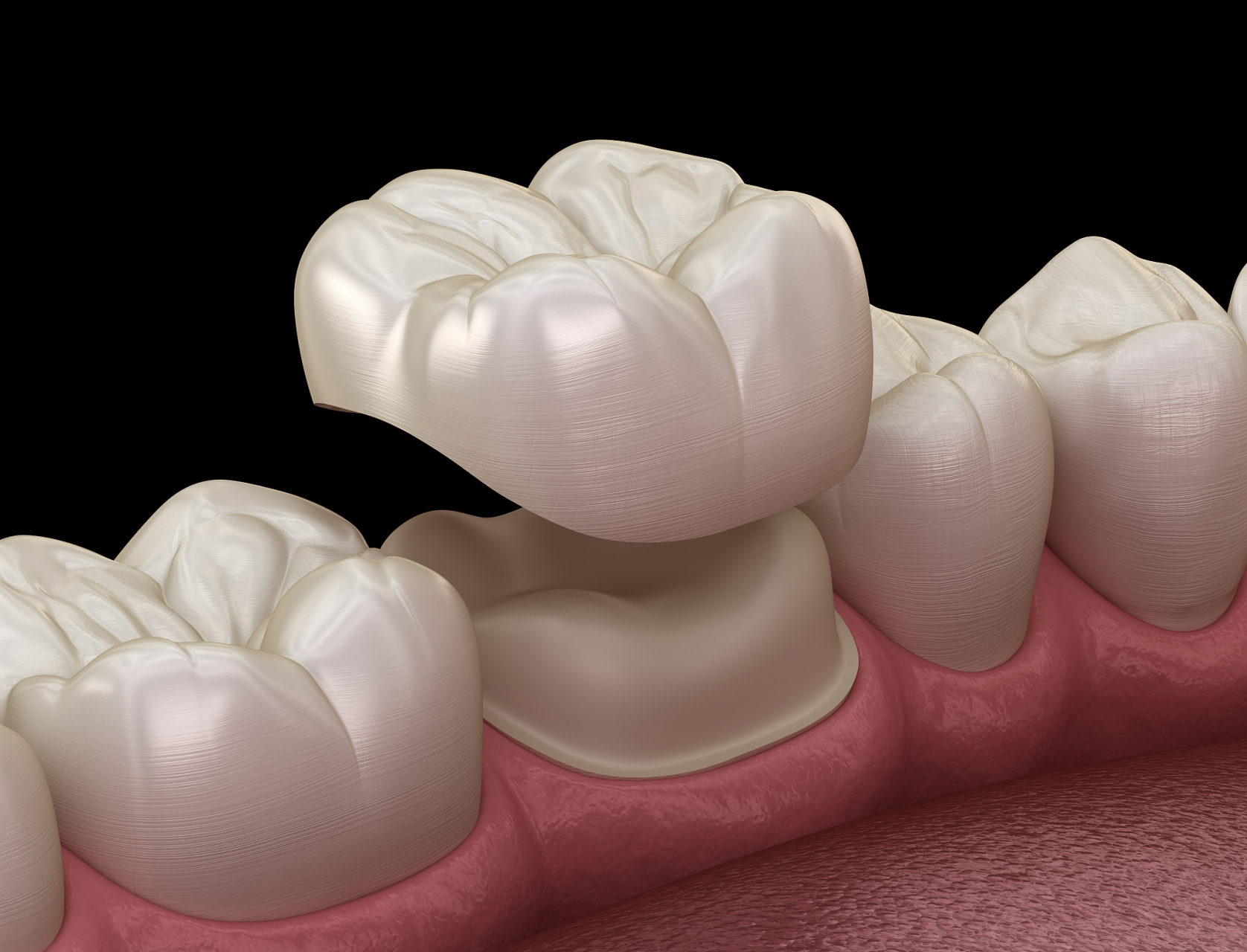Coffee. For many, it's more than just a drink; it's a ritual, a kickstart to the day, a companion through the afternoon slump. Its presence is woven deeply into the fabric of modern life. Yet, this beloved brew exists within a fascinating paradox: is it a wellness elixir or a health hazard? Based on recent findings, the answer to this question, much like savoring a rich brew, is filled with complexity and subtle distinctions.

Think of coffee as a powerful, multi-tool compound, packed with over a thousand different substances, including beneficial antioxidants and polyphenols. On one hand, research paints a vibrant picture of its potential benefits. It's like a guardian for your heart, with studies suggesting that moderate daily consumption (around 3-4 cups) can significantly lower the risk of cardiovascular diseases and stroke, even improving arterial function. For those battling Type 2 Diabetes, coffee appears as an ally, potentially lowering risk and aiding insulin secretion. It seems to extend its protective umbrella to organs like the liver, reducing the risk of conditions like cirrhosis and gallstones. Furthermore, evidence links regular coffee intake to a lower risk of certain cancers and offers hope in potentially delaying neurodegenerative diseases like dementia and Parkinson's. It even touches on cell immunity and, perhaps surprisingly, male erectile dysfunction.
Nevertheless, any high-powered substance demands careful consideration. Coffee's pronounced effects can present a dual challenge. While caffeine boosts alertness, excessive amounts can trigger anxiety, insomnia, and palpitations – akin to over-revving an engine. For individuals managing conditions like uncontrolled high blood pressure or certain arrhythmias, coffee can be disruptive. It might increase bone fracture risk in women with higher intake and could potentially exacerbate inflammation linked to atherosclerosis in some cases. Consuming unfiltered coffee, especially in significant volumes, has been linked to an elevated risk of developing rheumatoid arthritis. Even the roasting process, essential to its flavor, can introduce minor amounts of acrylamide.

Moderation is key, and suitability is paramount . For most healthy adults, up to 3 cups a day, or around 250mg of caffeine, seems to be the sweet spot where benefits likely outweigh risks. More isn't necessarily better; the relationship with heart health even follows a U-shaped curve, suggesting diminishing or negative returns at extremes. Choosing pure, filtered coffee over instant mixes laden with sugar and unhealthy fats is like opting for whole foods over processed snacks. Paying attention to timing – avoiding late nights and early mornings – respects your body's natural rhythm. And crucially, listening to your body for signs of discomfort is the ultimate guide.

In essence, coffee is not a magic bullet nor a forbidden potion. It's a potent natural compound whose impact is moderated by quantity, context, quality, and our individual biological makeup. Approached mindfully, understanding its potential benefits and pitfalls, coffee can remain a cherished part of a healthy lifestyle for many.





